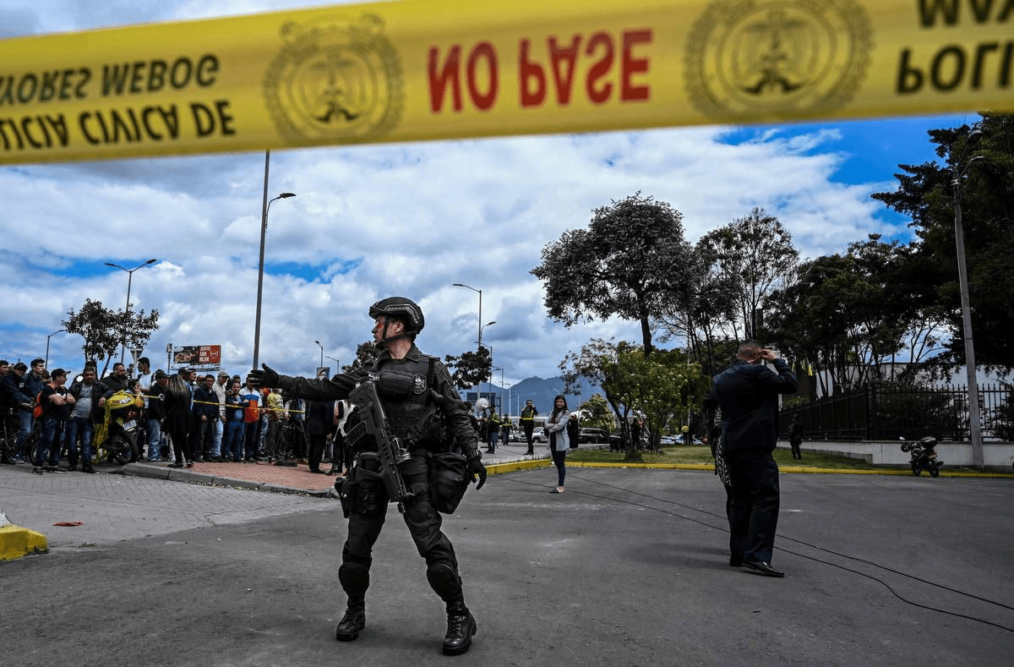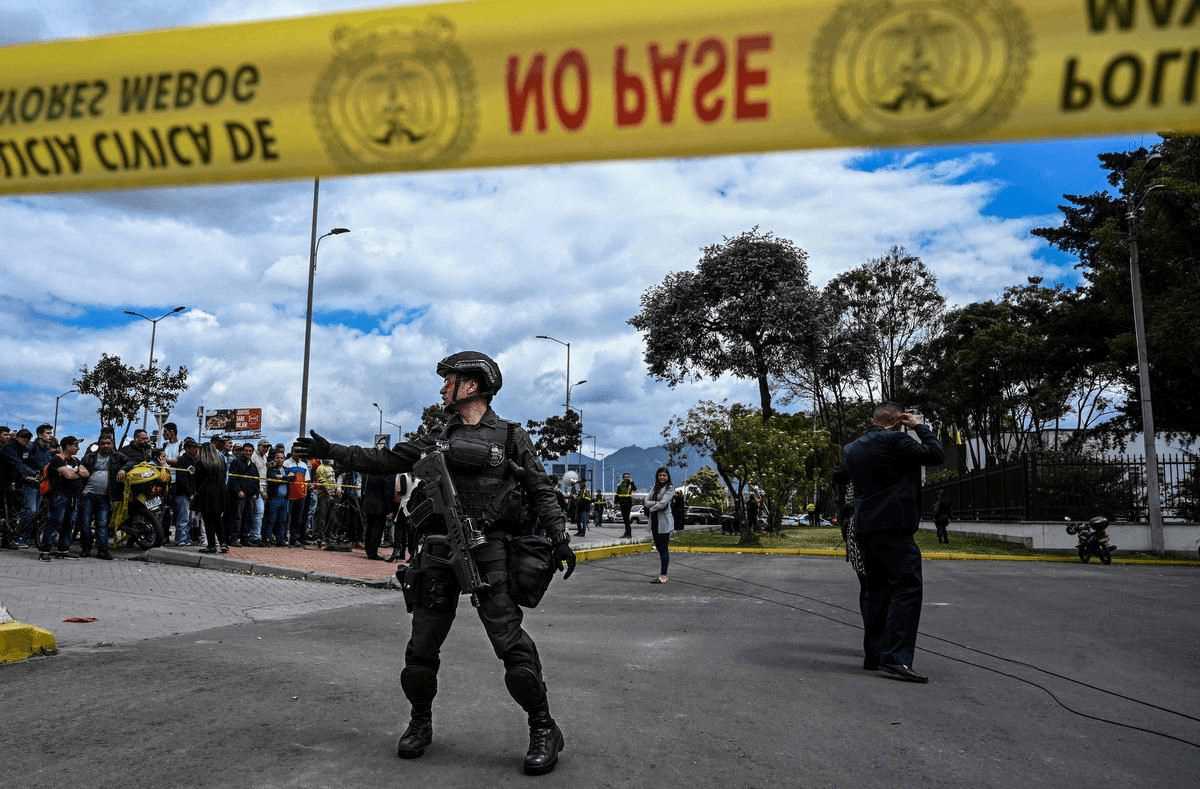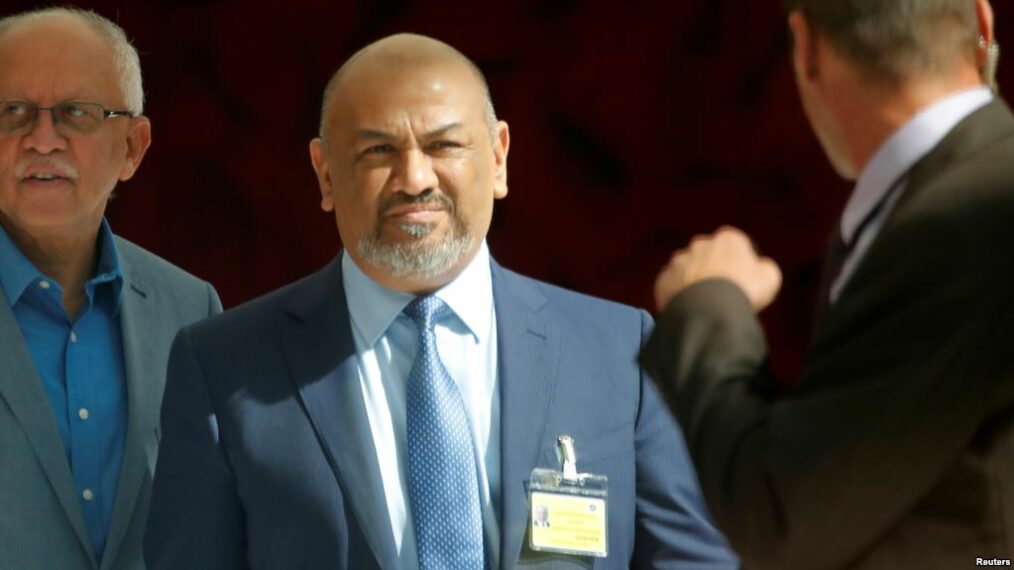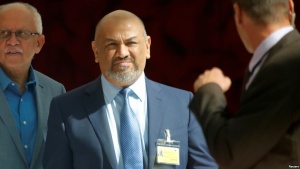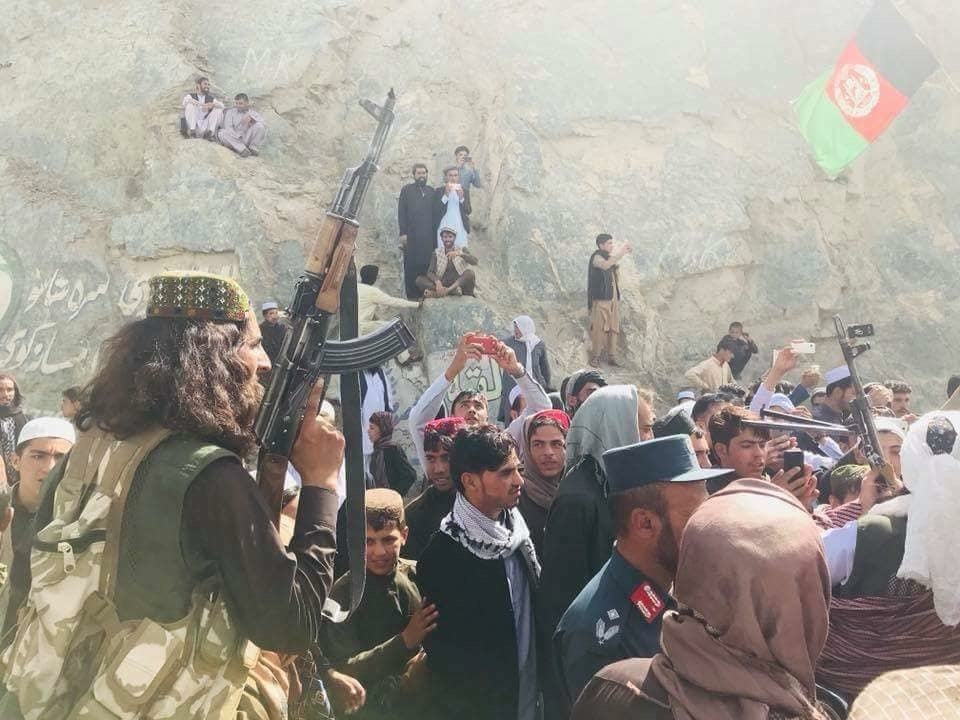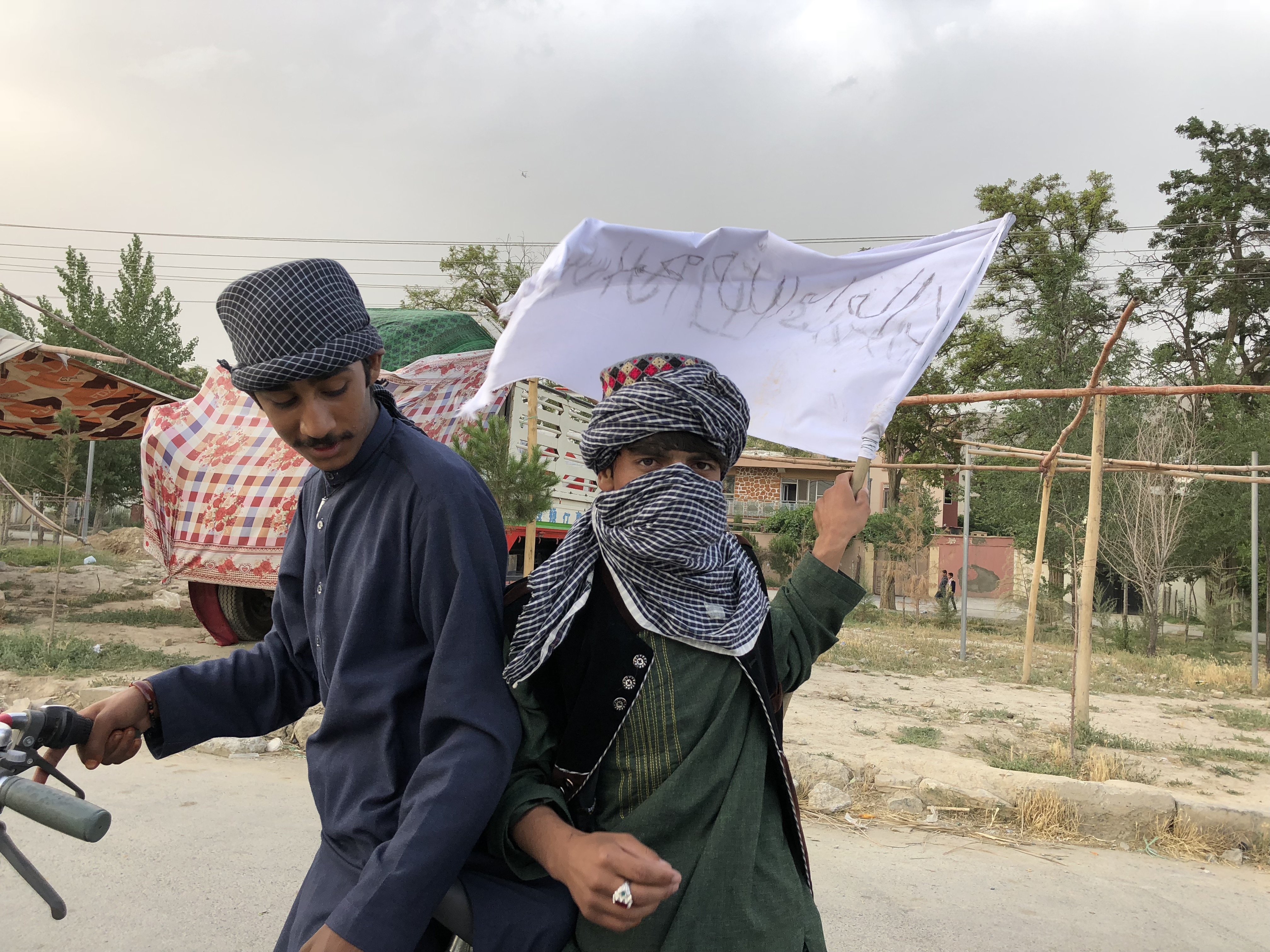Source: PRI (2016)
The United States and leaders of the Afghan Taliban are currently in the process of discussing peace talks and negotiations to end the 17 years of conflict. For many, this is a signal of hope that deadly violence and war will finally come to an end. For others, the peace talks have stimulated fear and uncertainty.
Her name is Laila Haidari. She is an Afghan woman, who owns and operates a rather unruly cafe in Kabul. Ms. Haidari is not your typical woman living in Afghanistan. In fact, she drives her own car, owns her own business, and chooses not to wear the required hijab.
The cafe she runs, “Taj Begum”, allows men and women to eat and drink together, even if they are not married. In addition, within the walls of her cafe, women can choose whether or not they dine wearing the hijab; a decision woman don’t typically have in Afghanistan.
Ms. Haidari is an example of an Afghan who isn’t completely convinced on the Taliban-U.S. peace process. Despite the progress of the talks, she insists the Taliban and their severe rulings are coming back. For Ms. Haidari and many other women living in Afghanistan, the peace talks have provoked fear and worry of what will happen in the aftermath of the withdrawal of western troops. Ms. Haidari states, “We are face to face with an ideology, not a group of people.” Ms. Haidari and the many other women in Afghanistan feel optimism at the possibility of peace, but they remain concerned at the distrust of what their lives and freedom will be like in the future.
When the Taliban seized the Afghan capital in 1996, life under the militants was brim, especially for women. The implementation of a brutal version of Sharia Law meant that women had very little to no independence or basic rights. They were forced to wear burkas, covering essentially every inch of their body.
Women of all ages were banned from schools and public life. Their lives were constantly under a magnifying glass. Everything they wore, everything they said, and everywhere they went was under supervision. Ultimately, it was the women in Afghanistan who paid the highest price under the Taliban and their government.
During the peace talks in Moscow, the Taliban seemed open to addressing the rights and concerns related to women. For example, the Taliban promised “that Islam guaranteed women’s rights to education and work”, but on the other hand, the Taliban also “attacked women’s rights activists for spreading immortality and indecency.”
These contradictory messages have given ammunition to the fears and concerns of women in Afghanistan that the Taliban is making false, empty promises to expedite the departure of U.S. troops from Afghanistan, only to eventually regress to old laws and rules that severely affect the daily lives of Afghans.
The fact that the Afghan government and its citizens have been excluded from the peace process is frightening for them. Many women fear that a peace deal giving power to the Taliban will result in a war on women and their rights. All of these concerns only solidify the notion that Afghans, especially women, should have a seat at the negotiation table.
Without their presence, the likelihood that women’s basic rights will be forgotten is painfully high. Their biggest fear is that women and all the freedoms they have achieved will fall victim to the peace process.
Afghanistan has made tremendous progress over the past decade in terms of women’s rights, independence and quality of life. Today, there are young girls being educated in many disciplines and pursuing careers in medicine, government and education.
But still today, there are provinces within the country that impose barbaric laws and treatment of women and girls. This brutality and oppression cannot be ignored and there is still significant headway ahead. For Afghans, the time has come to rebuild their country and continue to move forward. Peace, stability and happiness are all things the people of Afghanistan yearn for, but peace in Afghanistan should never come at the cost of women and their rights.



